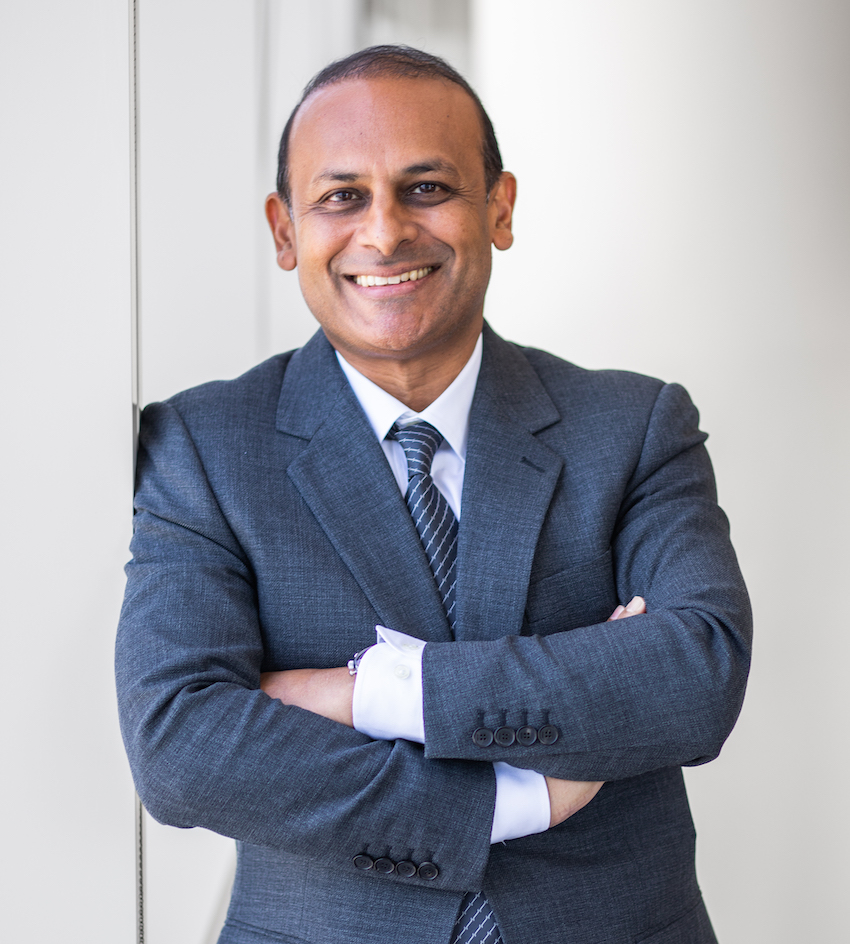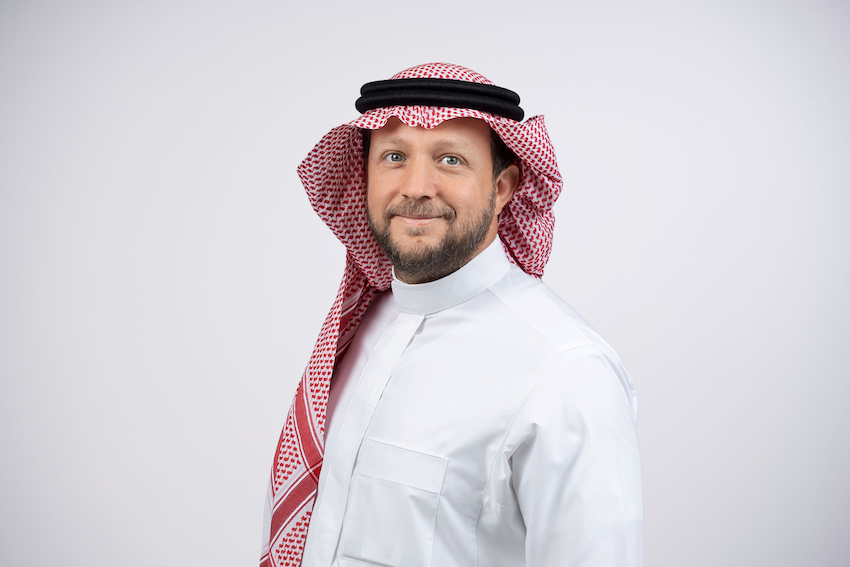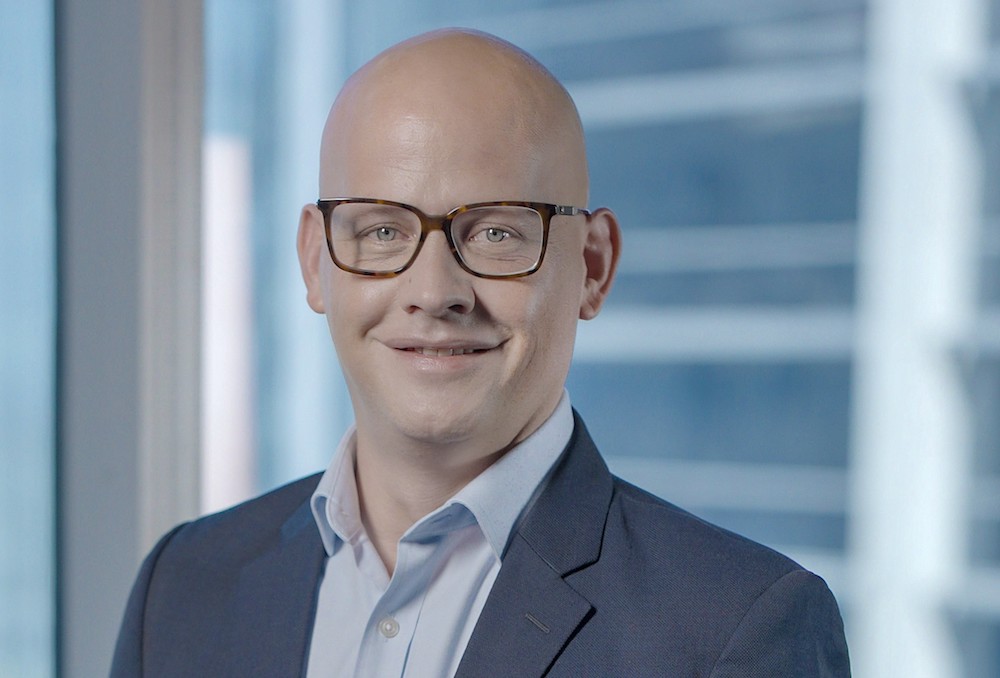CAIRO: Funding activity flourished in the Middle East and North Africa region, driven largely by Saudi and Egyptian startups.
The region experienced a variety of funding rounds across diverse sectors, alongside the graduation of accelerator programs.
Saudi startup Blend successfully raised SR5 million ($1.3 million) in a pre-seed investment round backed by a group of angel investors.
These investments aim to develop innovative tech solutions serving the restaurant, cafe, hypermarket and cloud kitchen sectors.
Founded last year by Omar Al-Lihyan, Blend offers a system that integrates multiple food delivery platforms into a single screen. This allows restaurant owners to efficiently manage orders and items while easily tracking reports. The company has already integrated with five local delivery applications.
“As the only local Saudi company serving this sector, we have a deep understanding of the real challenges and technical needs that business owners face when dealing with delivery applications,” Al-Lihyan said.
The company said in a press release it planned to expand to other Gulf countries, including Kuwait and Bahrain, by the end of next year and across the region by the end of 2026.
These developments come at a time when the restaurant and cafe sector was undergoing significant changes in line with Saudi Vision 2030, which aims to attract tourists and increase the population in the Riyadh region to 15 million people, according to the press release.
Al-Lihyan said new players were expected to enter the market and that 30 percent of Blend’s customers had not yet started their operations.
Blend has graduated from several programs supporting startups, including the Misk Accelerator and MVPLab Accelerator under the National Information Technology Development Program, and has a presence at the Zaka Center under Monsha’at.
Qardy secures seven-figure pre-seed round to boost digital lending for MSMEs in Egypt
Qardy, a digital lending marketplace for financial institutions to fund micro, small and medium enterprises, has successfully secured a seven-figure pre-seed round of investment.
The funding round saw participation from White Field Ventures, Vastly Valuable Ventures and other angel investors.
Since its soft launch in late 2022, Qardy claims to have become a trusted partner for MSMEs and financial institutions. The company said it had more than 1,000 corporate clients and had facilitated loan transactions worth about $12 million.
Qardy offers a range of financial programs to support MSMEs with their working capital and capital expansion needs through a network of financial institutions, including national and commercial banks, leasing, factoring and microfinance companies.
“We are thrilled to have reached this important milestone in our journey,” Chief Operating Officer Tamer El-Manasterly said.
“The support and trust of our investors have been instrumental in driving our growth and enabling us to expand our reach and impact in the market. This investment will allow us to further enhance our services, as well as accelerate our plans for expansion in Saudi Arabia and the region,” he said.
500 Global, a key investor, expressed confidence in Qardy’s mission to democratize access to financial services.
Amal Dokhan, managing partner at 500 Global, said: “We are thrilled to support Qardy in their journey toward empowering businesses with accessible and efficient financial solutions. We are confident in their ability to drive positive change in the fintech sector.”
Kapil Agrawal, managing director at White Field Ventures, echoed the sentiment and said Qardy had the potential to disrupt the lending landscape in Egypt and Saudi Arabia.
“Qardy’s adept execution capabilities and unwavering commitment to customer-centric solutions are in perfect alignment with our investment ethos. We are excited about the achievement Qardy has reached and are fully prepared to support their expansion into the KSA,” she said.
Lucky One raises $3m to scale consumer credit offerings in Egypt
Leading Cairo-based consumer credit fintech Lucky One has raised $3 million in a convertible note to bolster its path to profitability by the first quarter of 2025 and scale its credit lending services for the Egyptian masses.
The financing round saw participation from existing investors, including Lorax Capital Partners, KEM and DisrupTech Ventures.
The funds will be used to expand the platform’s credit services, enhancing its position as a leading consumer credit fintech in Egypt.
Co-founder and CEO Momtaz Moussa said: “We are thrilled to have successfully closed this round, which will fuel our ambitious growth plans and support our mission of providing accessible consumer credit solutions to underbanked Egyptians. This round reaffirms the trust our investors have placed in us and solidifies our commitment to achieving sustainable profitability while creating true value in the Egyptian market.”
On the path to sustainable profitability, Lucky One leverages its collection processes and low default rates to scale its consumer credit vertical effectively.
General Manager Mohamed Sayed highlighted the traction gained over the past five years and the company’s plans to offer a comprehensive range of financial services, from instant discounts and cashback to lending.
Co-founder and Chairman Ayman Essawy highlighted the company’s dedication to delivering innovative financial services and its commitment to profitability and regional expansion within the next 24 months, positioning Lucky One as a key player in the evolving Egyptian fintech sector.
Sandbox graduates seven startups in its fourth cohort
UAE-based Sandbox, the accelerator program backed by Oraseya Capital, has celebrated the graduation of seven startups as part of its fourth cohort.
Sandbox is a five-month program that provides startups with more than 50 hours of workshops, including access to financial analytics, marketing strategies and legal compliance programs.
The seven startups that made it to the finals are Qureos, Herogo, Lisan, Sthrive, Zoya, JobEscape and Opteam. Each received an investment of $150,000.
Twlm secures $266,000 investment to expand order pickup services in Saudi Arabia
Twlm said it has secured a SR1 million investment led by Saudi Arabia’s B Group, with participation from angel investors.
Founded last year by Ahmad Al-Dakheel, Abdulaziz Al-Rashoud, Abdullah Al-Dakheel and Walid Al-Qarny, Twlm offers an application that provides order pickup services from more than 250 restaurants and stores.
Twlm plans to use the investment to finance its expansion across the Kingdom, aiming to reach 1,000 restaurants and stores by the end of the year.































